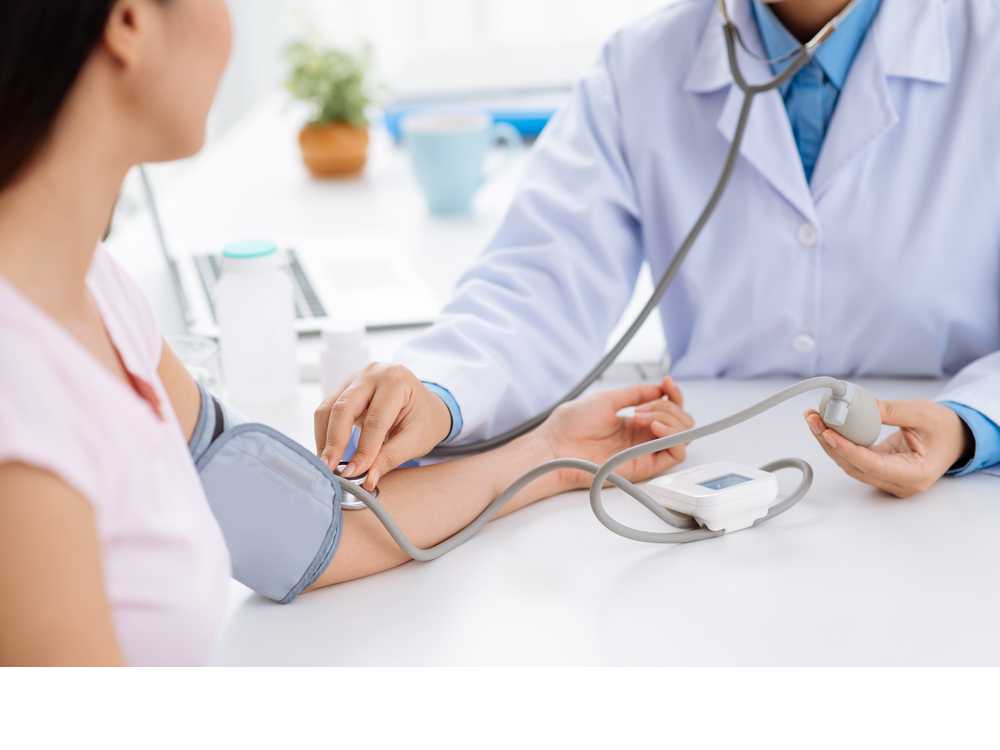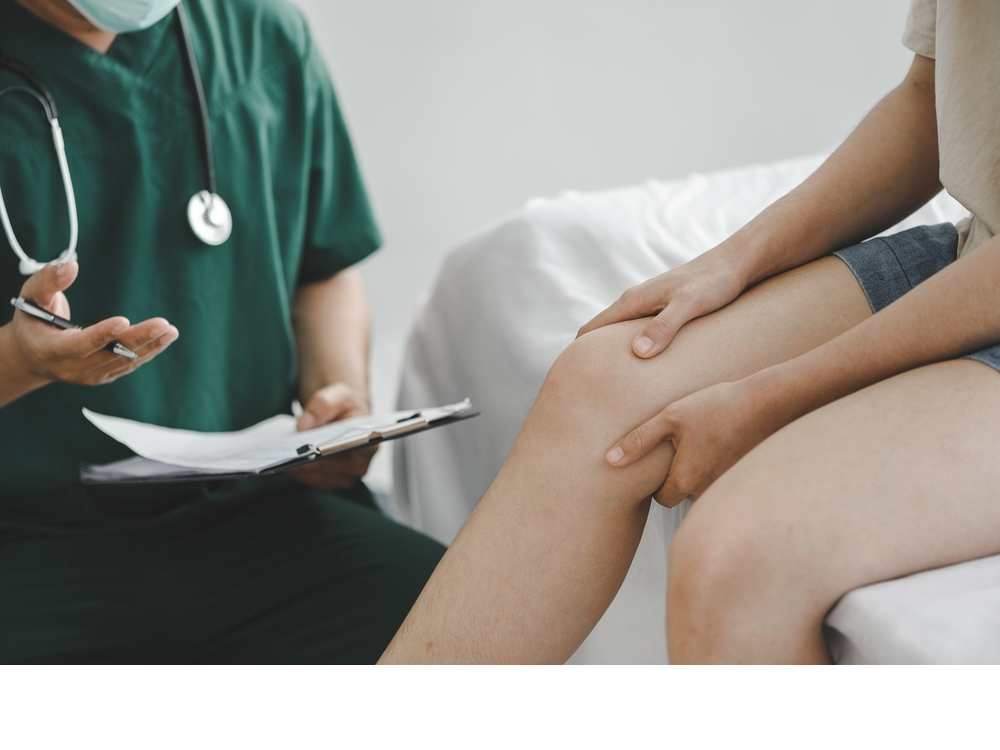 After a car accident, the last thing you want to worry about is how much your medical bills will cost you. In the immediate aftermath of a car wreck, you might get overwhelmed or stressed because of such a traumatic event. This can keep you from fully processing what has happened and remembering all the details later on. That’s why common advice recommends you write down as much about the car accident as you can remember soon after the wreck. Whether you are waiting on the police to arrive at the scene or to get checked out by paramedics, jotting down things while they’re still fresh on your mind can help you keep track of critical details. This kind of information will help support your statement of what happened and can become valuable if needed for an insurance claim or even a lawsuit. However, all the responsibility for proper documentation is not just your load to bear. You also want to work with a highly knowledgeable and skilled car accident doctor who understands the importance of quality, detailed documentation.
After a car accident, the last thing you want to worry about is how much your medical bills will cost you. In the immediate aftermath of a car wreck, you might get overwhelmed or stressed because of such a traumatic event. This can keep you from fully processing what has happened and remembering all the details later on. That’s why common advice recommends you write down as much about the car accident as you can remember soon after the wreck. Whether you are waiting on the police to arrive at the scene or to get checked out by paramedics, jotting down things while they’re still fresh on your mind can help you keep track of critical details. This kind of information will help support your statement of what happened and can become valuable if needed for an insurance claim or even a lawsuit. However, all the responsibility for proper documentation is not just your load to bear. You also want to work with a highly knowledgeable and skilled car accident doctor who understands the importance of quality, detailed documentation.
What to Expect after a Car Accident
Immediately after getting into a car wreck, you might feel like everything is moving in slow motion. You may notice your hands shaking and feel unsure of what to do next. The most important thing you can do for yourself and others is to do a quick assessment of your health and safety. Take a few deep breaths and look around to see whether you and your vehicle are in a safe place or if you may need to move to the side of the road out of fast-moving or oncoming traffic. Take a quick mental note from head to toe of any pain or discomfort you might feel. Look for any blood, redness, or bruising on your skin. Once you determine it is safe to do so, you will then begin the process of calling 911 to report the accident. You can wait for the police to arrive or exchange information with the other driver or drivers while you wait.
It is important to note that you may not fully realize if you have been injured after a car accident. In fact, it can take hours or even days for delayed symptoms to set in after such a traumatic event. You may have mild scrapes and bruises but not realize that underneath, you have a more serious injury like soft tissue damage or even a broken bone. Try to avoid saying “I’m fine” when asked how you’re feeling. It is better to say, “I don’t know,” and get checked out by first responders, go to the emergency room, or visit a car accident doctor near you as soon as possible. You always want to air on the side of caution and receive a thorough physical examination to rule out any potential injuries. Common car accident injuries like whiplash also get nicknamed hidden injuries because of how their symptoms can slowly sneak up on you once the shock and adrenaline of the accident have worn off.
The Importance of Car Accident Injury Treatment
You always want to get prompt medical treatment after a car accident injury and work with a doctor to get a confirmed diagnosis of your injuries. Your car accident doctor will provide you with a treatment plan designed to help you recover from your specific injury and presenting symptoms. Car accident doctors understand the importance of documenting each stage to help make it clear that your injuries actually happened because of the car accident.
Prompt Medical Care
If paramedics or first responders arrive at the scene, you should always accept their help. Paramedics are trained to respond to accidents like these and can recognize signs and symptoms of a car accident injury even before you might notice something’s wrong. Plus, everything that happens at the scene is typically documented, so turning down medical attention can make it seem like you weren’t injured and didn’t need care. If you realize later that you are, in fact, injured, an insurance company or lawsuit could question whether or not you took your injuries seriously and if they may have occurred because of something else.
Injury Diagnosis
Your car accident doctor will diagnose your injury after talking with you about your symptoms and performing a physical examination. They will make note of your reported symptoms, including when you first noticed these symptoms and their severity. For example, did you notice pain right away or did it come on gradually? Do certain movements make your symptoms worse? Have you noticed any changes in how you’re feeling after the car accident? All this information will provide your doctor with a better picture of what’s going on. A physical examination will allow your doctor to inspect any areas of concern. They may also ask you to perform certain motions or movements to test your mobility or coordination. Your car accident doctor will likely run diagnostic imaging tests like an X-ray or CT scan to get a better look at the injury site. Diagnostic imaging tools like X-rays, CT scans, and MRIs provide your doctor with detailed images of the injured area so they can confirm the diagnosis and also rule out other potential injuries.
Treatment Plan
You will receive a plan of care to address your specific injuries and symptoms. This treatment plan should be detailed and allow your doctor to document your healing process. Detailed records must be kept of your treatment plan and process, including the names of your treating doctors and the date, time, and location of all your appointments. Other doctor appointment records that may be necessary for an injury claim include any medications prescribed, diagnostics and tests ordered, and the prognosis for your injury recovery. You should also save all your medical bills, prescription paperwork, and any billing statements. You can also continue to keep track of your symptoms by writing down what you notice each day during your recovery. This can help both you and your doctor track your progress and support your injury claim.
Documenting Your Car Accident Injuries
A thorough record of your car accident injuries will help you receive the best possible outcome between your insurance company and any lawsuits filed. Work with a car accident doctor who has the experience and expertise in diagnosing and treating these types of injuries. In addition to recording the information above, here’s what else you may need to provide documentation about:
Diagnostic Imaging Tools
In some cases, you may submit the results of diagnostic exams, like X-rays, CT scans, or MRI results. Diagnostic imaging tools provide an accurate and specific snapshot of how your body was impacted by the accident at a specific time and day. Your car accident doctor may request continued or repeated diagnostic imaging tools to monitor your progress and ensure everything is healing properly. For example, your doctor may use an X-ray to diagnose a wrist fracture and then do a repeat scan in a few weeks to assess how the bone is healing. They may also request a more detailed scan depending on your symptoms and whether they suspect nearby tissues may also be damaged or hampering your healing process. All these scans will be helpful in documenting your injuries.
Type & Severity of Your Injuries
The type and severity of your injury will also play a huge role in the documentation process. Documentation of your injuries should be clear, concise, and detailed. This includes your specific injury, the severity of your injury, and how your doctor plans to address everything. Your doctor should always base your treatment plan around your specific symptoms and injury instead of applying a one-size-fits-all model to your healing and recovery process.
Treatment & Recovery Process
 It is important that you follow through with your prescribed treatment plan. Show up for appointments on time so that you demonstrate how you take your injury seriously. You can end up hurting your claim if you give up or quit your treatment plan early, because this can make it seem like your injury is not as severe as was initially stated in the documentation. Discrepancies in documentation can negatively impact your claim. You also want to document how your symptoms and injuries may result in limitations to your daily routines or job performance. It is important to note what tasks you may no longer be able to do, like household tasks or the ability to go to work.
It is important that you follow through with your prescribed treatment plan. Show up for appointments on time so that you demonstrate how you take your injury seriously. You can end up hurting your claim if you give up or quit your treatment plan early, because this can make it seem like your injury is not as severe as was initially stated in the documentation. Discrepancies in documentation can negatively impact your claim. You also want to document how your symptoms and injuries may result in limitations to your daily routines or job performance. It is important to note what tasks you may no longer be able to do, like household tasks or the ability to go to work.
Visit AICA Orthopedics in Lithia Springs, where our team of car accident doctors knows what it takes to provide you with thorough documentation for your injuries and treatment. We have orthopedic doctors, neurologists, chiropractors, and physical therapists at the Lithia Springs clinic with access to diagnostic imaging tests like X-rays and CT scans so you can get everything you need in one convenient location. Call or schedule an appointment today to get started with us.
